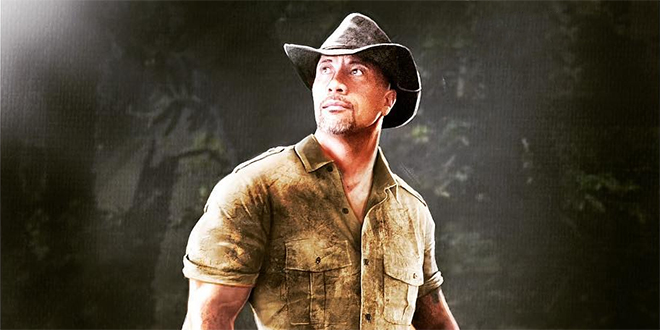A Reboot By Any Other Name Is Still A Reboot
Reboots and remakes are so ubiquitous these days that I’m surprised critics haven’t joined the bandwagon by rebooting their original critiques with flashier rewrites and more spectacular language for a new generation to discover. Personally, I am always torn on watching these movies. It’s a balancing act between not seeing them (based on history that most aren’t anywhere as good as the original), and seeing them so I know what I’m criticizing. In the end, I cave in and watch them, and I’m almost always disappointed as a result.
In 2016, the remakes and reboots have failed so miserably that I have noticed a shift in Hollywood’s tone towards these films. No, they aren’t slowing down in making them, but some are changing how they market these remakes.
The Ghostbusters’ Reboot Effect
I first noticed this trend with 2016’s Ghostbusters: Answer the Call. It’s first trailer started with the tagline, “30 years ago, four scientists saved New York. This summer a new team will answer the call.” It’s as if privately, Sony was worried about the backlash of remaking the classic when publicly they were saying that remake controversy was a good thing. The trailer ended up feeling like desperation to me, and this meager effort to bring the original fans on board with the new film via this little tagline fell on deaf ears.
Despite the generally positive reviews, Rotten Tomatoes gives it a 73% and Metacritic gives it a 60 out of 100 metascore, the film hasn’t been the financial success that Sony’s hoped for. Furthermore, some consider the film a flop, while others question if a sequel is even viable at this point.
I think the negativity towards the Ghostbusters reboot (deserved or not) that Sony has received is greater than they ever expected, and has served as a tipping point in these types of films. A lot of fans of the originals are becoming more and more vocal with valid points about these remakes.
[Note: I, for one, disregard all the sexist and misogynistic comments that the anonymous internet likes to level on females cast in these movies, and hope you use your freedom of choice to disregard them as well.]
Many of my peers balk at this reliance on raiding classic movies for a quick profit, and show it by not spending their money on these films, and it seems Hollywood’s taken notice, but maybe not in the way one would like.
Jumanji and Beyond
The announcement that Sony is remaking yet another classic, 1995’s Jumanji, has once again made fans of the original roll their eyes and lament that another film legacy is being ruined. Dwayne Johnson recently commented on fan’s nervousness over this remake via his Instagram account “for the record we are NOT making a reboot, but rather a continuation of the awesome JUMANJI story.”
Now, I will admit that the way that film ends, it’s definitely possible for the next film to easily be a continuation of the original when a new child finds the game and gets sucked in, but when I read the quote for the first time, I immediately thought of the Ghostbusters trailer, and how they too were trying to market the film as a “continuation of the awesome GHOSTBUSTERS story” even though they never prominently marketed the film with the real Ghostbuster’s title—leaving off “Answer the Call” so everyone would think it’s a reboot.
Both remakes are Sony Pictures properties, so this “continuation of the story” marketing could simply be Sony’s reaction to past criticisms to their reboots and remakes. I am curious to see if this tactic does lead to more moviegoers accepting remakes, even if the original is extremely loved by them, or if those moviegoers will see through this as a blatant attempt by studios that are bankrupt for original ideas to put one over on them.
Maybe this is just a tactic to quiet the vocal naysayers, and Hollywood really doesn’t care what their critics think because there are still a lot of people willing to see the remakes and reboots, and there are also plenty of new countries (China and India) to show them in. I don’t know, but in the end, if these studios just concentrate on making good films, more people will come to see them resulting in much more profits…even if they are a remake or a reboot, or a continuation of a beloved story.
Reboots Can Be Done Right
All one has to do is look at the success of 2015’s Mad Max: Fury Road which is both a continuation of the story and a reboot of the franchise after a 30 year absence on the big screen. It’s even had it’s fair share of sexist and misogynistic commenters. Despite all this, nobody cared about any of that. George Miller gave us a phenomenal action film (yes, there’s not much of a plot) that didn’t poorly recycle past films into one nostalgic piece. It compliments the originals, not ruins them. You can listen to the Movie House Concessions’ podcast review of Mad Max: Fury Road here.
Time will tell if this “continuation of the story” marketing is a permanent trend, or if it will work on moviegoers with many more viewing choices than they’ve had in the past. What do you think? Let us know in the comments below.
